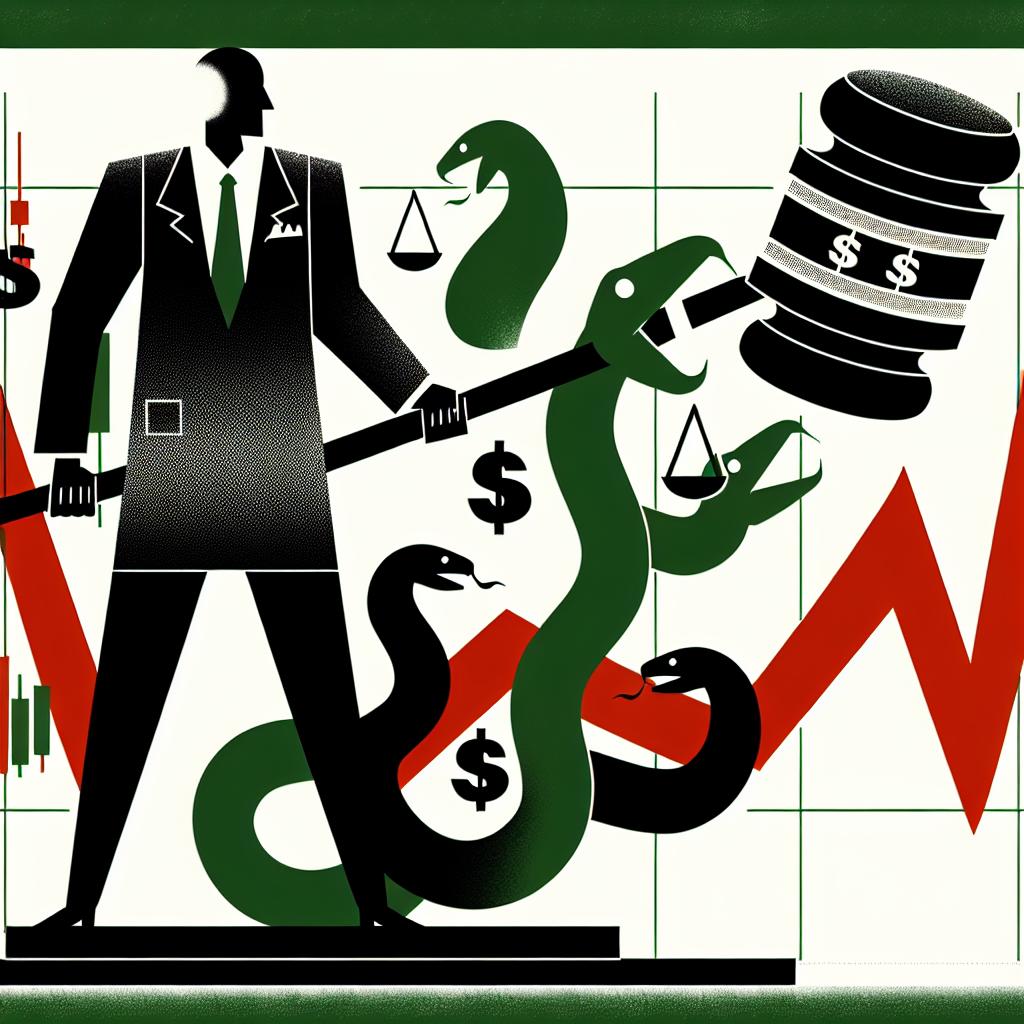The Importance of Financial Regulators in Addressing Binary Options Fraud
Financial markets serve a pivotal role in the global economy by facilitating capital formation, fostering economic growth, and offering investment opportunities to individuals and institutions. However, they are not without risks and challenges, particularly in niche areas such as binary options trading. In recent years, financial regulators have increased their vigilance and efforts to combat binary options fraud. Such fraudulent activities not only pose severe threats to individual investors but also jeopardize the broader integrity of financial systems. Through stringent compliance with established rules and stringent regulations, financial regulators play a critical role in safeguarding investors and sustaining the financial system’s stability.
Understanding Binary Options
Binary options represent a category of financial instruments where an investor makes a prediction regarding the price movement of an underlying asset over a pre-determined period. Unlike more traditional asset classes that provide a range of potential outcomes, binary options boil down to two possible scenarios: the investor either receives a fixed return or incurs a total loss of the initial investment. The clear-cut, all-or-nothing nature of binary options can be appealing to those lacking extensive investment experience because they appear simple to understand and execute. Unfortunately, these characteristics also make binary options ripe for manipulation and fraud, attracting unscrupulous entities looking to exploit unsuspecting individuals.
The Nature of Binary Options Fraud
Binary options fraud generally manifests through various unscrupulous and deceptive practices executed by brokers and online trading platforms. Fraudulent behavior in this sector can involve numerous tactics, such as:
Manipulation of Trading Software: Some brokers might rig their trading software to generate outcomes that are unfavorable to the investor, ensuring that the trades result in losses.
Misrepresentation of Risks and Returns: Fraudulent entities often downplay the inherent risks involved with binary options while overstating the potential returns, misleading investors into decisions they might not otherwise make if properly informed.
Refusal to Process Withdrawals: One hallmark of binary options fraud is the broker’s refusal to honor withdrawal requests from their clients, trapping them within the platform and denying access to their own funds.
The significant financial harm experienced by victims of binary options fraud starkly emphasizes the necessity for robust oversight from financial regulatory bodies.
Role of Financial Regulators
Financial regulators are entrusted with the responsibility of implementing and enforcing standards and rules within the binary options markets to shield investors from wrongful practices. Their broad array of tasks encompasses several critical activities:
Monitoring and Surveillance: Using advanced data analytics and other technological tools, regulators actively monitor various trading platforms and investment brokers. Such vigilance enables the timely detection and prevention of suspicious activities and potential fraud.
Licensing and Accreditation: Regulators stipulate which entities are authorized to operate in the market, ensuring they meet stringent prerequisites. Licenses serve as a regulating mechanism to uphold industry standards, offering investors a degree of assurance regarding the legitimacy of the services they select.
Consumer Education: Regulatory bodies frequently launch educational campaigns designed to empower and inform investors. By raising awareness around prevalent scams and suggesting best practices, these campaigns assist individuals in safeguarding themselves against potential threats.
Enforcement and Penalties: In instances where fraudulent activities are uncovered, financial regulators possess the authority to impose penalties and sanctions on the offending entities. Such measures serve a dual purpose: they punish unlawful behaviors while deterring future malfeasance.
Global Coordination and Challenges
The international scope of binary options trading creates distinctive regulatory challenges. Fraudulent entities can easily operate across multiple jurisdictions, complicating any one nation’s efforts to solely monitor and police the market. Addressing this global dynamic necessitates coordinated efforts among financial regulators worldwide, often through international organizations and forums. Such collaborative efforts aim to amplify the effectiveness of regulatory measures by facilitating information exchange and bolstering cross-border enforcement actions.
Nevertheless, myriad challenges persist. The rapid pace of advances in financial technology, combined with the decentralized nature of many fraudulent operations, demands that regulators continually evolve their strategies and tools. Sustained investment in technology and ongoing international cooperation stand as crucial elements in the global endeavor to effectively counteract binary options fraud.
Conclusion
In summation, financial regulators embody a fundamental component in the battle against binary options fraud. Through vigilant monitoring, rigorous enforcement, and comprehensive educational initiatives, they continually endeavor to protect investors and uphold the integrity of financial markets. As the landscape of financial products transforms and expands, regulators’ strategies must similarly progress to ensure a secured and trustworthy investment environment for all. Should you wish to learn more about financial regulation mechanisms, consider reaching out to your local financial regulatory authority or visit the U.S. Securities and Exchange Commission.
This article was last updated on: August 11, 2025
